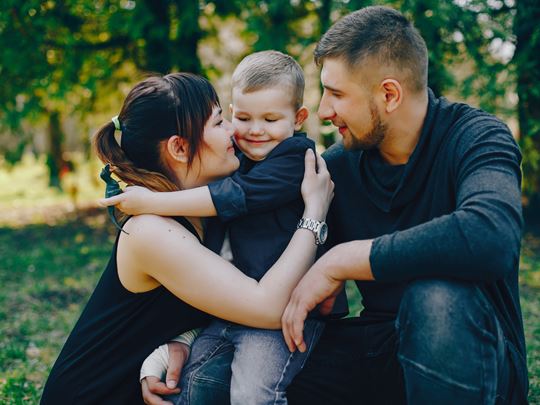Types of foster care
As part of your journey to foster, you’ll need to consider which types of foster care are most likely to suit you, your family and your lifestyle.
Emergency Fostering
Emergency fostering happens quickly after an emergency – often late at night and at weekends. With it being so soon after a traumatic experience for the child, the foster parent must know how to handle heightened emotions well.
Long-term Fostering
Long-term fostering involves caring for a child for many years – often until the child becomes an adult. It suits foster parents who want to establish a strong connection with a child and help them grow into the best adult they can be.
Short-term Fostering
Short-term fostering ranges anywhere from a single night to two years. This might be the best option if you are new to foster care.
Respite Fostering
Respite fostering is a short-term type of foster care that happens when the child’s foster family needs a little time to rest and recharge. It usually happens at weekends or over the school holidays and is planned well in advance.
A great option for somebody who wants to make a difference but isn’t able to commit to full-time fostering.
Remand Fostering
Remand fostering happens after a child has been remanded by a court. It takes speciality training for a foster parent to do this type of fostering. The length depends on how long the child waits for the court date.
Each type of fostering comes with its benefits, challenges, fostering allowance, and training requirements. If you are unsure what fostering you want to do, get in touch with us today. We’ll happily talk to you about some of the different types of foster care, and which may be best for you.
As you can see, matching is crucial in foster care. It allows children to live with families that are perfect for their needs, helping them grow and flourish into the best version of themselves.







